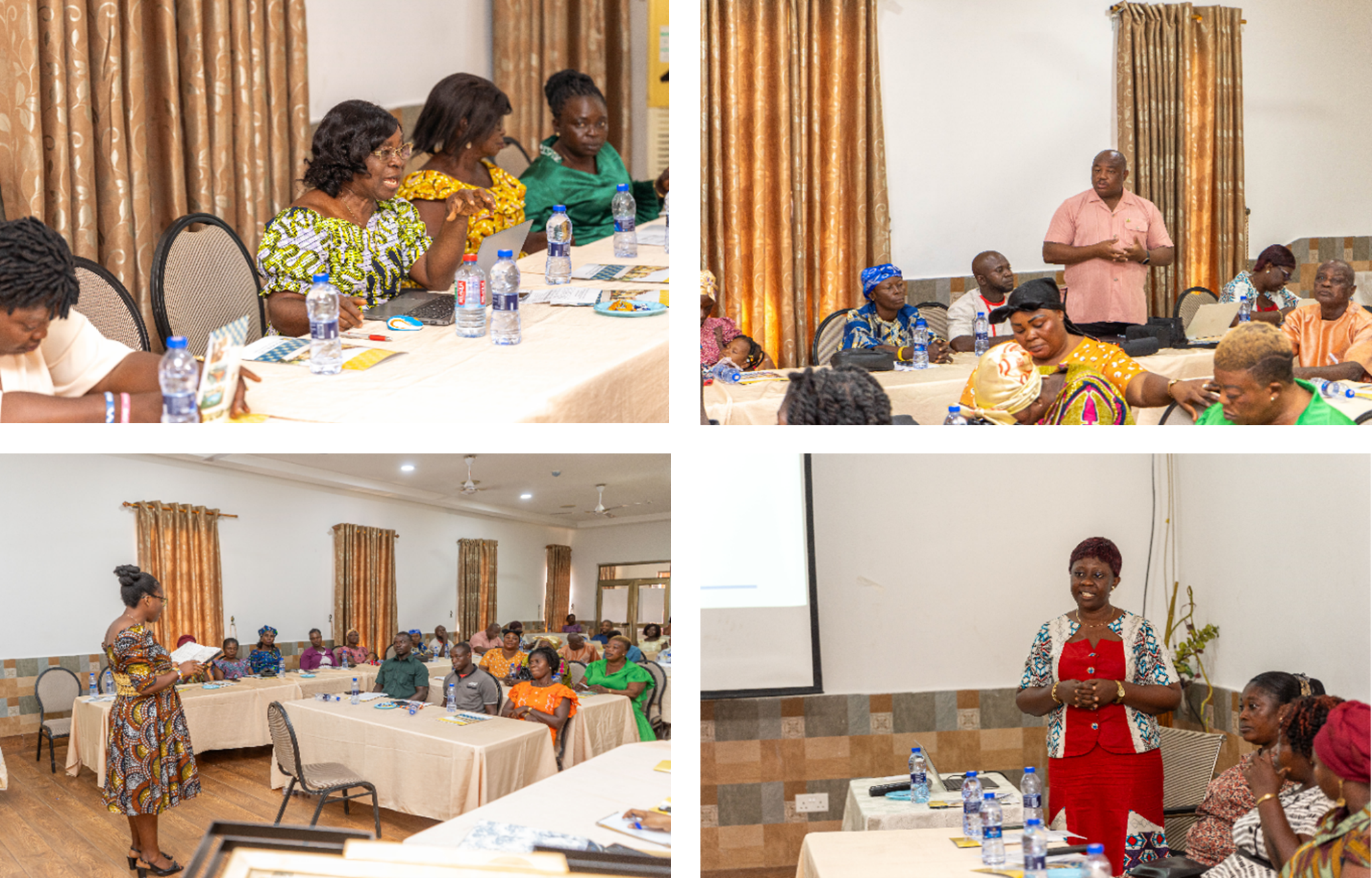Introduction
A pivotal consultative meeting on bushmeat trade convened in Ejisu, Kumasi. Hosted by the Centre for Biodiversity Conservation Research and partners, this gathering aimed to address the challenges of bushmeat hunting, trade, and consumption with a focus on health and sustainability. The event saw participation from over 40 stakeholders, including hunters, traders, and public health representatives, all unified under the theme ;” One Health – Making Bushmeat Hunting, Trade, and Consumption Safe and Sustainable.”
Meeting Agenda and Key Activities
The meeting opened with remarks from Professor Yaa Ntiamoa-Baidu and Dr. Kofi Amponsah-Mensah, who outlined the importance of collaboration in addressing the trade’s complex challenges. Attendees engaged in presentations, breakout sessions, and plenary discussions aimed at exploring issues and identifying strategies to ensure sustainable practices.
Identified Challenges in the Bushmeat Trade
A central issue highlighted was the absence of a national association for bushmeat stakeholders, a need that participants emphasized could unify and streamline practices. Economic factors, such as high transportation costs due to increased forest encroachment and subsequent price inflation, also proved a significant challenge, especially for lower-income traders.
Collaborative Solutions and Key Recommendations
The discussions led to actionable recommendations, including the formation of a national association to represent bushmeat traders and hunters collectively. Participants also advocated for:
- 1. Enhanced Hygiene Standards: Stakeholders acknowledged the necessity of good hygiene in reducing disease risk, proposing practices such as regular handwashing, wearing gloves, and trimming fingernails. There was consensus that education is vital to normalize these health practices.
- 2. Veterinary Inspections: Increasing veterinary oversight was proposed to ensure all bushmeat meets safety standards.
- 3. Storage Solutions: With limited storage facilities, especially during closed hunting seasons, the need for improved storage options was highlighted to help traders maintain bushmeat supplies and mitigate illegal sourcing.
- 4. Media Representation: Correcting media misrepresentations of bushmeat trade and promoting responsible bushmeat consumption were viewed as essential for public trust and industry integrity.
Conclusion and Next Steps
This consultative meeting was a collaborative step forward for the bushmeat industry, enabling stakeholders to align on the next steps, which include further discussions on forming a national association. As the project progresses, these initiatives aim to secure a future for the bushmeat industry that prioritizes health, sustainability, and community welfare.
Call to Action
To delve deeper into the insights and strategic recommendations that emerged from this consultative meeting, Click here to read the entire report …………………


